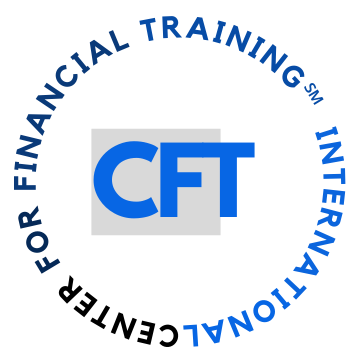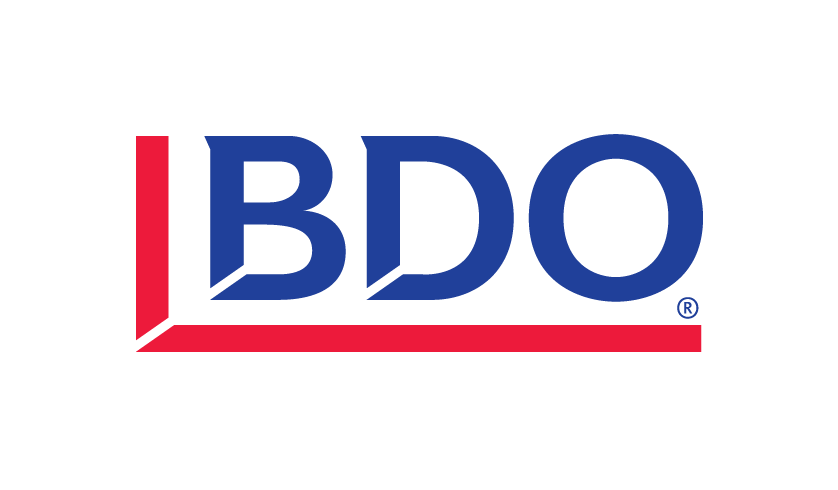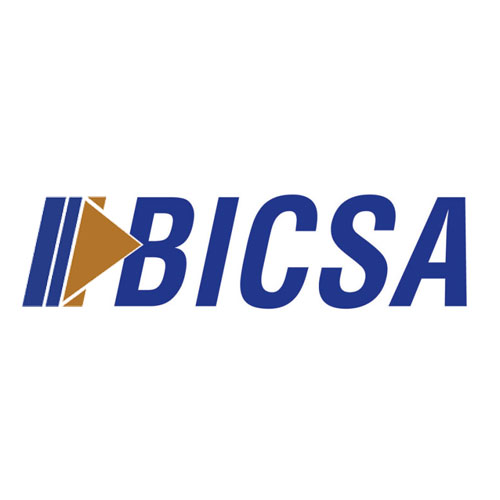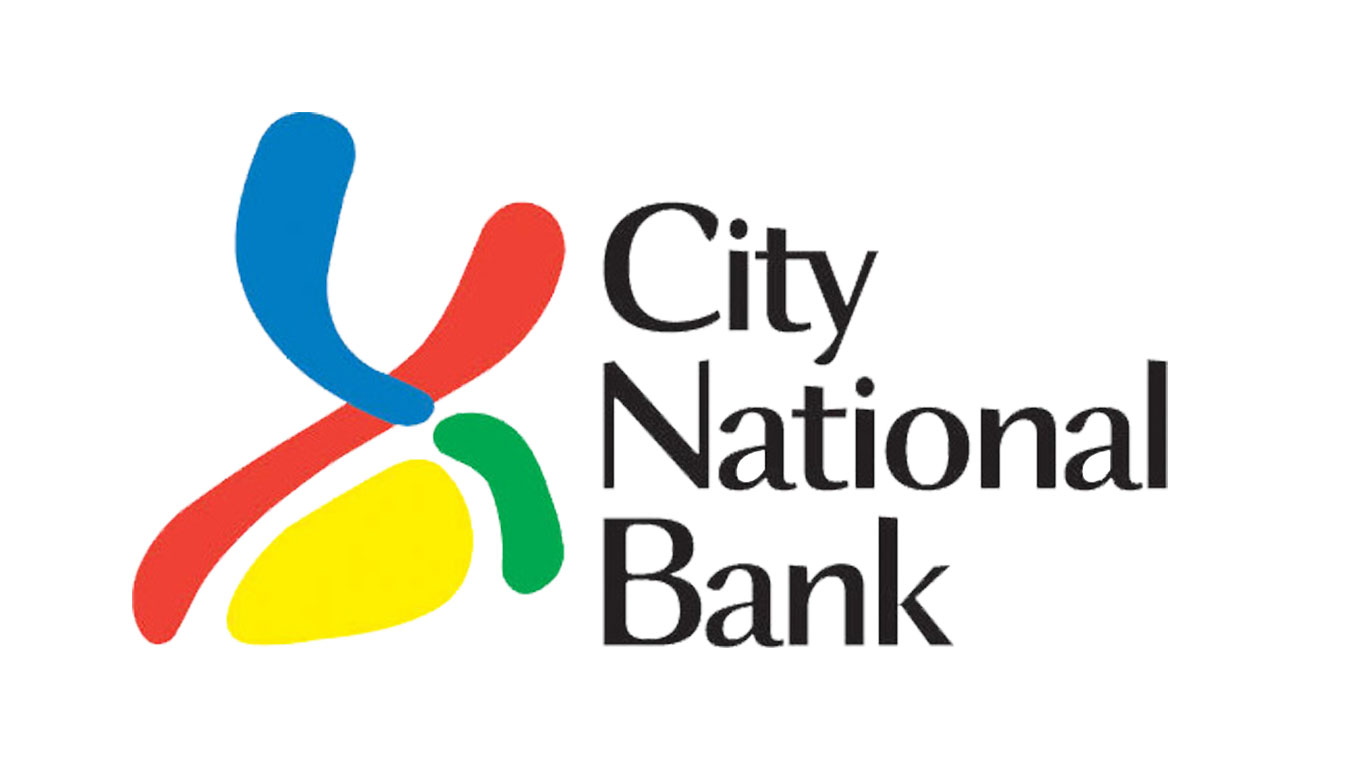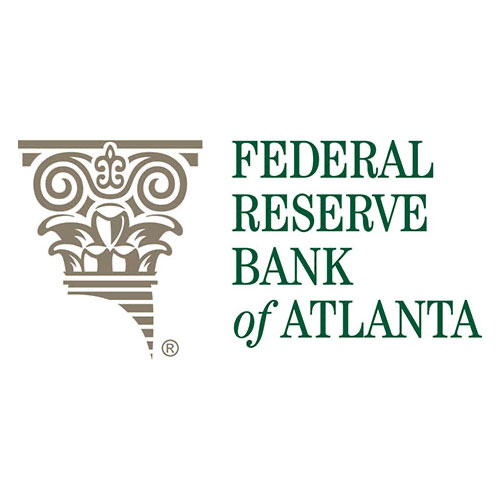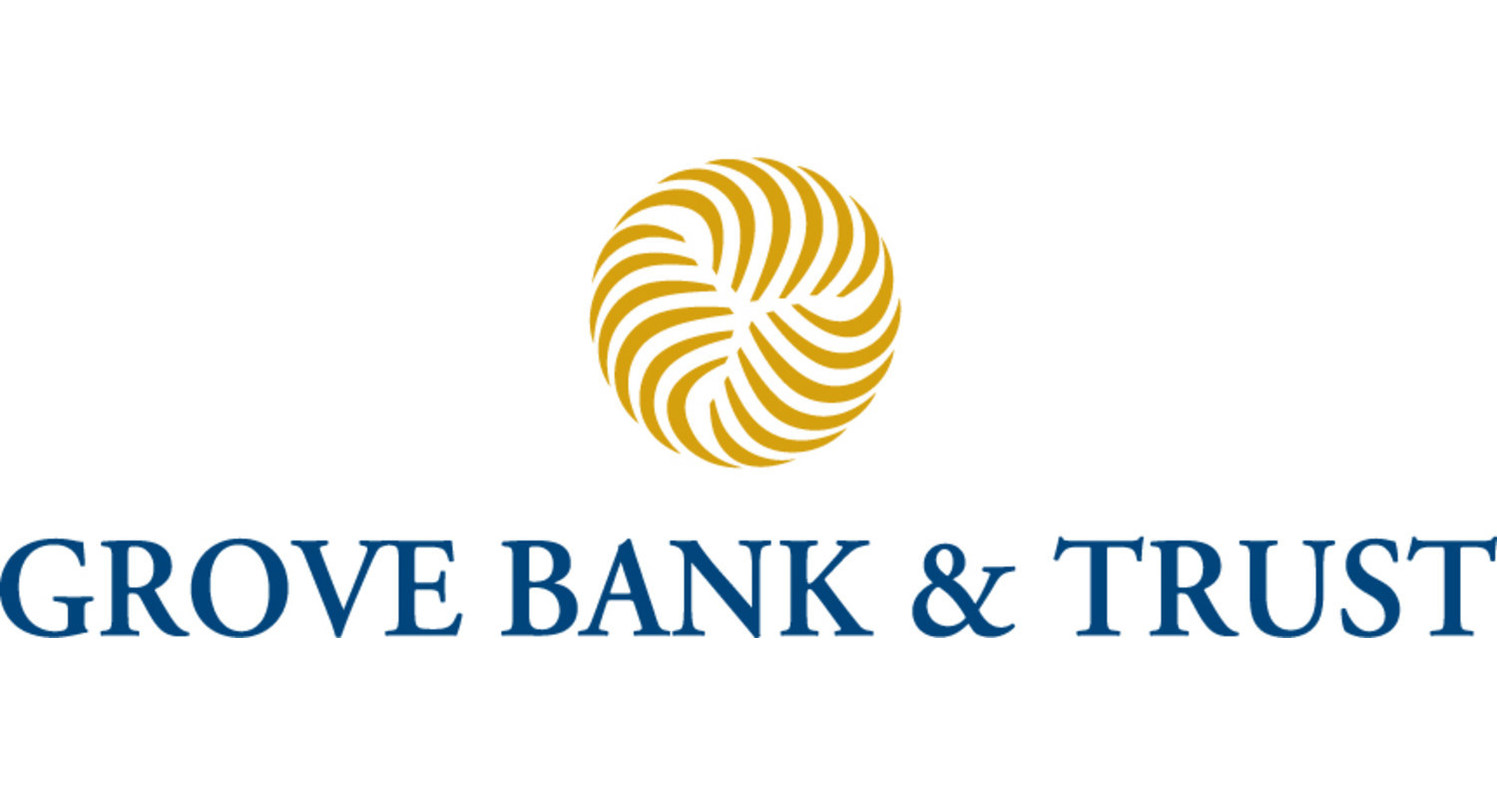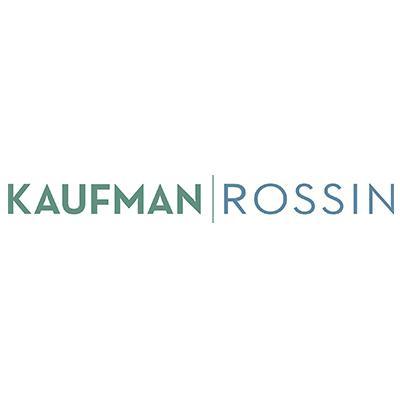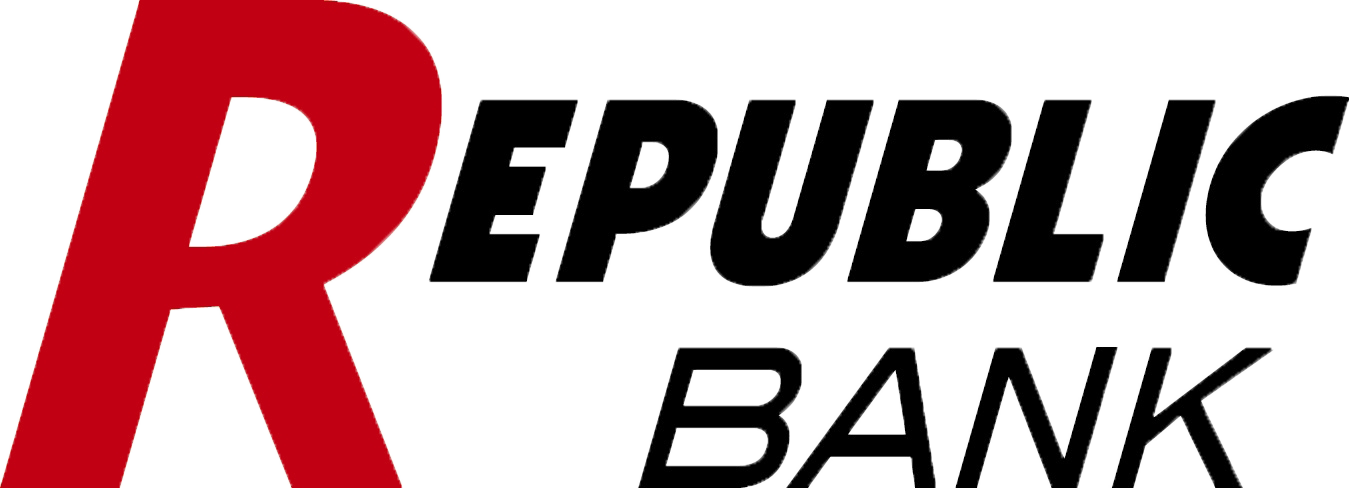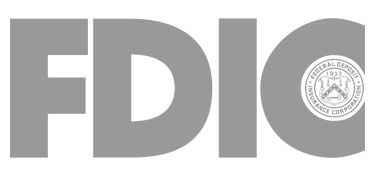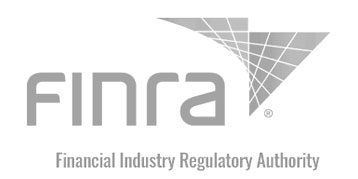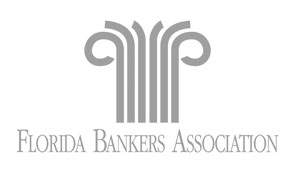Description
This course explains the consumer protections and debt collector responsibilities under the Fair Debt Collection Practices Act (FDCPA) and its implementing regulation, Regulation F, which are intended to promote fair debt collection acts and practices involving consumer debts. The regulation primarily applies to third parties who collect debt on behalf of another party to whom the debt was originally owed. However, even though it generally does not apply to banks who are collecting their own debt, some banks use it as a guide in their own consumer debt collection policies.
What You’ll Learn
After completing this course, students will be able to:
- Explain the purpose and coverage of the FDCPA and Regulation F
- Define the meaning of the terms “communicate” and “attempt to communicate” in the context of debt collection
- Describe the purpose, content, and timing of debt validation notices
- Identify the restrictions and requirements applicable to communications and attempts to communicate in connection with a debt
- Recognize Regulation F’s rules regarding the frequency and type of contact with consumers, including opt-out provisions; disclosures; the sale, transfer, or placement of debts; transfers of consent to contact; and the collection of time-barred debt
